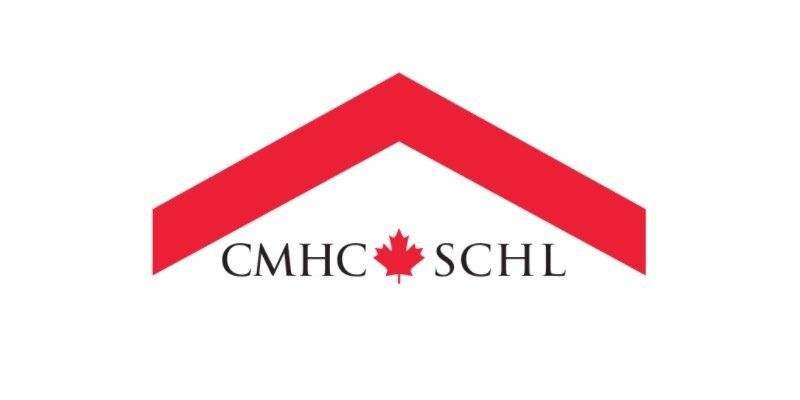CMHC Housing Starts Report | May 2016
It’s been said that talking about the Canadian Housing Market is like talking about the weather in Canada. “How’s the weather in Canada today”? seems like a rather odd question, it all depends where you are! Similarly, the Canadian Mortgage and Housing Corporation (CMHC) just released a report on the housing starts in Canada for the remainder of 2016 and 2017, indicating that the report reflects significant regional differences . Here is the media release from CMHC.
CMHC Expects Housing Starts to Slow in 2016 and 2017, Reflecting Significant Regional Differences
OTTAWA, May 18, 2016 — Canada Mortgage and Housing Corporation’s (CMHC) second quarter Housing Market Outlook (HMO), Canada Edition highlights important regional differences in housing activity. Housing starts at the national level are expected to slow in 2016 and 2017, while MLS® sales will reflect renewed economic growth in 2016 before falling back slightly in 2017.
Report Highlights
- Annual housing starts are expected to range from 181,300 units to 192,300 units in 2016 and from 172,600 units to 183,000 units in 2017.
- Multiple Listing Service ® (MLS ® ) sales are expected to range from 501,700 unites to 525,400 units in 2016 before dropping into a lower range of 485,500 units to 508,400 units in 2017.
- The average MLS ® price is forecast to be between $474,200 and $495,800 in 2016 and between $479,300 and $501,100 in 2017.
- There will be strong variations in housing market activity across provinces. Slower growth in oil-producing provinces such as Alberta, Saskatchewan and Newfoundland and Labrador will be partly offset by increased activity in British Columbia and Ontario.
In an effort to align itself with the various needs of those seeking information about the housing market, CMHC’s Market Analysis Centre has undertaken a complete review of its products and services. As a part of this review, the CMHC ’s Housing Market Outlook publication will be undergoing a series of modifications. The general objective is to provide a range of possible outcomes that, in a context of economic and financial uncertainty, will better help users in their decision-making process.
As a first step in this ongoing process, the present edition incorporates forecast ranges for housing variables as well as an expanded discussion on the risks to the forecast.
The complete HMO, including national, regional and CMA forecasts, is available here.
In order to access future Market Analysis Centre publications from CMHC, please subscribe to Housing Observer Online by visiting the following link: https://www.cmhc-schl.gc.ca/observer/
As Canada’s authority on housing, CMHC contributes to the stability of the housing market and financial system, provides support for Canadians in housing need, and offers objective housing research and information to Canadian governments, consumers and the housing industry.
For more information, visit our website at www.cmhc.ca or follow us on Twitter , YouTube , LinkedIn and Facebook.
“Our forecast shows that there are important provincial variations within the Canadian housing market. Increased housing starts in Ontario and B.C. will be more than offset by declines in provinces affected by the drop in oil prices in 2016. Sales will reflect renewed economic growth in 2016 before falling back slightly in 2017.”
— Bob Dugan, Chief Economist, Canada Mortgage and Housing Corporation
Katherine Martin
Origin Mortgages
Phone: 1-604-454-0843
Email: kmartin@planmymortgage.ca
Fax: 1-604-454-0842
RECENT POSTS


MENU
GET IN TOUCH
550 – 2608 Granville Street
Vancouver, BC.
V6H 3V3
Fax: 1-604-454-0842
DOWNLOAD MY FREE EBOOK
Contact Us
We will get back to you as soon as possible
Please try again later
Katherine Martin. All Rights Reserved.
Privacy & Content Policy





